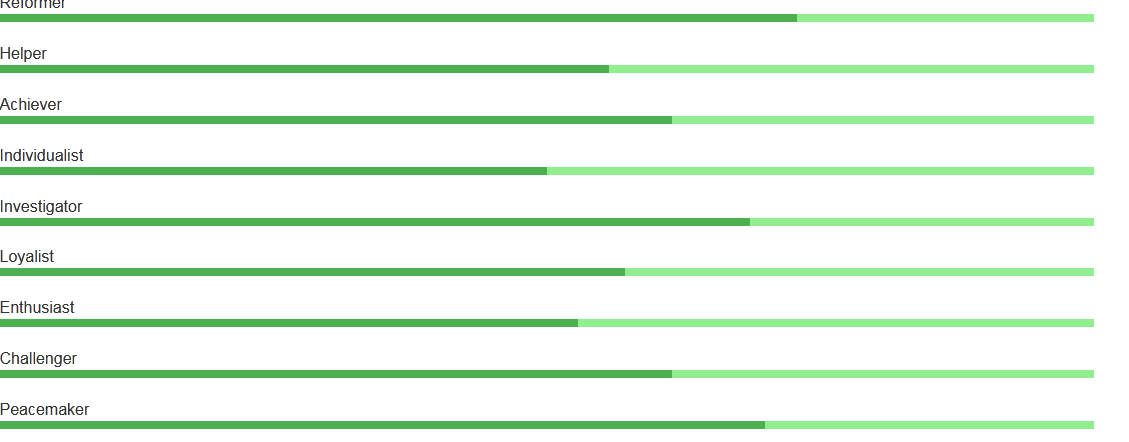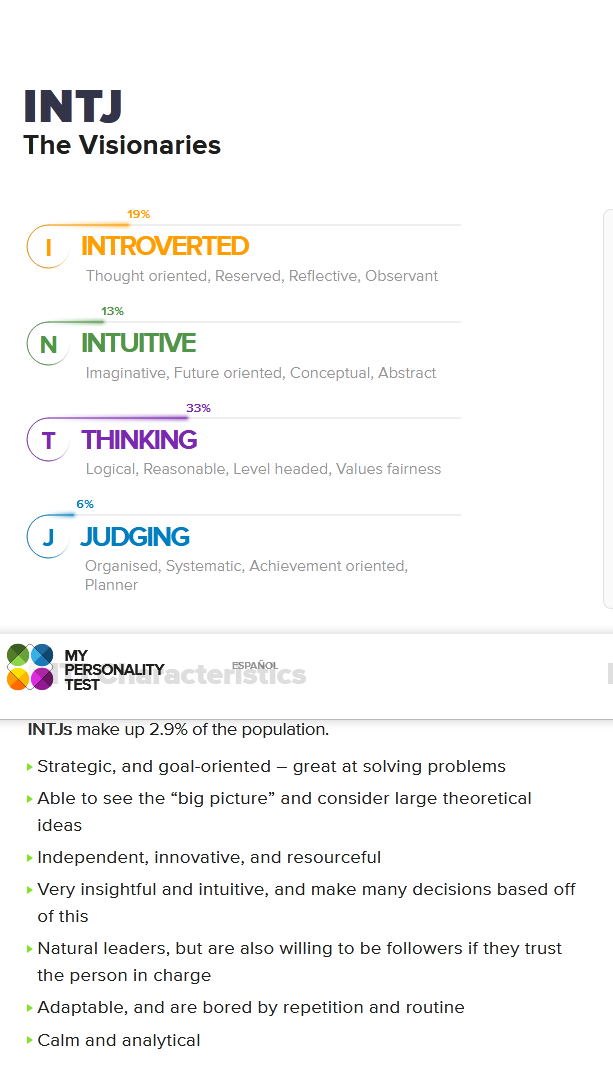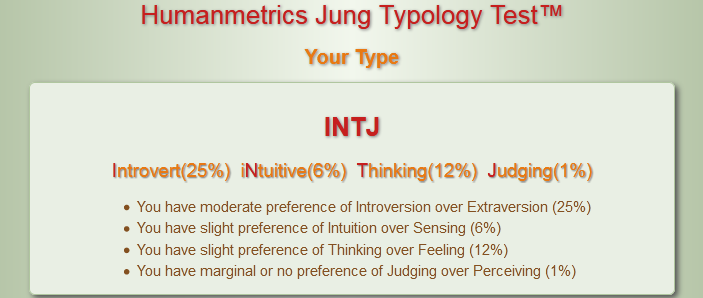Leadership Assignment: Reflections on People, Culture & Contemporary Management
Question
Task
Your task is to create TWO (2) individual reflections that apply the People, Culture and Contemporary Leadership theories and concepts that have been covered in the subject.
Reflection one is based on the Industry Guest Speaker linking the theory and concepts covered in the subject to date and application to you.
Reflection Two will be a self-analysis of your leadership style and ways that you can develop your own leadership skills?
Answer
Reflection 1
The Industry Guest Speaker pointed out various aspects about human resource and leadership development in organizations in today’s contemporary business world. The three key points that the speaker represented in the speech were the importance of developing effective leaders, managing human resources and developing a healthy organizational culture (Rees & French, 2016). I came to learn about how problem-solving, communication skills and conflict resolution have become essential for every organization because of the increasing competition in the business environment. The speaker helped me in realizing that problem-solving skills require active listening, dependability, decision-making, creativity, analysis, team building and other such competencies for responding to the external and internal business factors (Cascio, 2015). These skills would enable me to effectively react and undertake quick decisions in my professional career when I am working with a company. Furthermore, communicating effectively with team members and managers would help in solving problems and understanding the same while working together in an efficient manner. Besides, the speaker also pointed out how conflict resolution becomes important for addressing issues in organizational teams. These skills would help me in resolving conflicts in the future while working together as a team with other members so that the entire efficiency of the group is not hampered (Rees & French, 2016). It would also enable us to increase our team productivity and gain rewards or acknowledgement from the same. The speaker further represented two challenges that organizations face such as lack of dealing with organizational goals and meeting deadline as priorities change. According to me, these problems can be reduced with properly communicating the goals and roles to the team members and increasing our flexibility for catering to the changing requirements. This would help in achieving the organizational objectives and meeting the deadline despite changes (Day & Dragoni, 2015).
Reflection 2
Leadership Skills/ Qualities
I have undertaken three personality and leadership tests for analyzing my personal strengths and weaknesses, leadership abilities and skills gap. These tests are based on the two leadership and personality development theories of Big Five Personality theory and Briggs Myers’ Personality Type. The big five personality traits as pointed out by various scholars that determine the leadership style one displays are openness, conscientiousness, extraversion, agreeableness and neuroticism (Giluk & Postlethwaite, 2015). Scholars have pointed out that individuals possessing openness to experience display thoughtful and reflective skills when they encounter ideas as they have imagination and insight. Conscientiousness includes goal-oriented behaviours, being mindful of details, organized, impulse control and planning ahead. Furthermore, extraversion indicates outgoing and sociable individuals who are talkative, assertive and expressive (Judge & Zapata, 2015). Besides, individuals with agreeableness display cooperativeness with others. Lastly, neuroticism indicates emotional instability, moodiness or sadness. On the other hand, Myers-Briggs Personality Type Indicator is another framework that helps in identifying an individual’s personality type, his or her strengths, weaknesses and preferences (Stein & Swan, 2019). This test prepares questionnaire based on four different scales of extraversion or introversion, sensing or intuition, thinking or feeling and judging or perceiving. Extraversion or introversion indicates how individuals interact with and respond to the outer world. The second scale measures how they gather information from the external environment around them (Mattare, 2015). The third scale displays how such individuals use those collected information for undertaking decisions. The fourth scale represents how they deal with the outside world by being firm or flexible.
From the above mentioned leadership and personality tests, the three top skills within me that I could identify are thinking, observation and reform. Thinking skills involve logical reasoning and analytical abilities. These skills would help me to evaluate critical business situations and undertake decisions accordingly. Furthermore, possessing thinking skills help in being reasonable and fair in treating others in an organization (Montag-Smit & Maertz Jr, 2017). Thus, it would enable me to become an effective leader in the future by engaging in effective decision-making. Thinking skills help in analysing each alternative option before deciding on any. Besides, with this skill I would be able to generate new ideas or concepts for better operations in the company that I would be working in. In the present scenario as well, thinking ability enables me to analyse any situation, evaluate all available options and undertake the one that is best suitable for the particular situation. These capabilities have become essential for individuals to improve their career path in any organization. Thus, thinking abilities being my strength would prove to be beneficial for my professional career. Observation skills enable me to gather crucial information about various objects, events, attitudes, phenomenon and other things using my senses for communicating effectively with others. This ability would further help me in my working life. Critical observation has become one of the topmost skills that are now required in the corporate sector. This ability would enable me to see a problem or situation from different perspectives before its arrival and effectively analyse or interpret crucial data. Such analysis then helps in meeting the evolving needs of the organization (Proctor, 2018). Besides, being observant would enable me in focusing on minute details that would lead to effective decisions and teamwork in the professional career. This is because such minute details that others often overlook can be identified by me and consequently be considered before undertaking any crucial decisions. Thus, it would enhance the quality and speed of operations and decisions in the business. Lastly, reform skills involve making necessary changes to procedures, processes or customs for achieving better results. These skills are extensively required for today’s competitive business environment. Being a reformer, I would be able to make necessary changes in the organizational team or as a leader for getting positive results. Besides, it would also enhance my capability of getting accustomed with the rapidly changing customer needs and business environment and address the same through changing processes (Onimole, 2017). This would consequently help in better customer satisfaction and enhanced efficiency of the team. In addition, these skills would help to better respond to the uncertain business situations and display effective leadership by guiding and managing the team members.
Current Skills Gap
The tests have also identified my current skill gaps, which include lack of individualism, helping attitude and enthusiasm. These are required for working in an organization. This is because being self-reliant is essential for having confidence and autonomy in one’s own work. Besides, without enthusiasm in work, I would not be able to enjoy my tasks for long or achieve them effectively. Moreover, possessing a helping attitude is required in an organization for working harmoniously with others (Hasanuddin & Sjahruddin, 2017). This is because helping a peer in any sort of task or work would consequently help in enhancing the productivity and efficiency of the entire team. Furthermore, I would not be able to become an effective or authentic leader without being self-reliant or depending on my own judgement. This is because self-doubt would be harmful for my subordinates and team members as they tend to look up to their leaders. Thus, possessing individualism would help in carrying out tasks in an unique manner, enable me to guide others and generate new ideas for the business. In addition, lack of enthusiasm would have an impact on my task or performance, thus making it worse (Hasanuddin & Sjahruddin, 2017). Thus, I would have to focus on motivating myself for gaining enthusiasm at my work.
Focus Areas
My two key focus areas should be enhancing emotional intelligence and extraversion. Though being an introvert, my analytical and problem-solving skills can be utilized for effective decision-making. Extraversion skills are also essential in this contemporary business world. This is because it would help in socializing with peers or team members that are required for ensuring a positive organizational climate. Furthermore, it would also enhance my capability of displaying helping attitude towards others because organizational productivity largely depends on the team performance (Giluk & Postlethwaite, 2015). With such skills, not only would my helping attitudes develop but also enable me to work effectively in a team and lead one in the future. Besides, these skills also help in communicating the goals and objectives and clarifying roles of each individual in the organization. This would help me to become an effective leader. In addition, being sociable would enable me to better guide my subordinates and interact with them effectively to understand their problems and resolve conflicts. Thus, it would result in better team cohesion and improved productivity in the workplace. On the other hand, emotional intelligence in workplace requires self-awareness, empathy, social skills, self-regulation and motivation. Embracing this would enable me to better collaborate with the team members, peers and managers while working in the organization (Proctor, 2018). Besides, for being a leader I should be focusing in this skill as it would help in dealing with team conflicts and address issues of the subordinates. Furthermore, my skills gap of enthusiasm and helping attitude can also be reduced with the help of emotional intelligence. This is because I would be able to control my emotions while working with others despite differences in opinions.
Reference list
Cascio, W. F. (2015). Managing human resources. New York: McGraw-Hill.
Day, D. V., & Dragoni, L. (2015). Leadership development: An outcome-oriented review based on time and levels of analyses. Annu. Rev. Organ. Psychol. Organ. Behaviour, 2(1), 133-156.
Giluk, T. L., & Postlethwaite, B. E. (2015). Big Five personality and academic dishonesty: A meta-analytic review. Personality and Individual Differences, 72, 59-67.
Hasanuddin, R., & Sjahruddin, H. (2017). The structure of emotional intelligence, spiritual intelligence and its relationship with work enthusiasm and auditor performance. Structure, 3(1).
Judge, T. A., & Zapata, C. P. (2015). The person–situation debate revisited: Effect of situation strength and trait activation on the validity of the Big Five personality traits in predicting job performance. Academy of Management Journal, 58(4), 1149-1179.
Mattare, M. (2015). Revisiting understanding entrepreneurs using the Myers-Briggs type indicator®. Journal of Marketing Development and Competitiveness, 9(2), 114.
Montag-Smit, T., & Maertz Jr, C. P. (2017). Searching outside the box in creative problem solving: The role of creative thinking skills and domain knowledge. Journal of Business Research, 81, 1-10.
Onimole, S. O. (2017). Introducing change in organization: implication for human resource development practitioners. IFE PsychologIA: An International Journal, 25(2), 383-394.
Proctor, T. (2018). Creative problem solving for managers: developing skills for decision making and innovation. Abingdon: Routledge.
Rees, G., & French, R. (Eds.). (2016). Leading, managing and developing people. Kogan Page Publishers.
Stein, R., & Swan, A. B. (2019). Evaluating the validity of Myers?Briggs Type Indicator theory: A teaching tool and window into intuitive psychology. Social and Personality Psychology Compass, 13(2), e12434.
Appendix
Appendix 1: Big Five Personality Test

Appendix 2: Myers Briggs Personality Test

Appendix 3: Carl Jung’s And Isabel Briggs Myers’ Personality Type Theory













